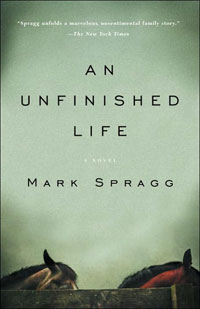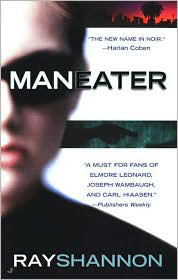A Modest List
This is a confusing time of year, especially in the northern climes where a number of seasonal disorders obtain. How else to explain the odd behavior where people spend money they don’t have on things they don’t need (that they can buy for half the price late in December) and consider it celebratory to drink themselves insensate with others bent on the same goal?
Which may also explain the understandable attempt to make sense of the preceding year by creating lists—usually featuring the word “best.” As even occasional readers of this outpost of list-resistance may recall, I am not fond of lists and even less fond of the superlative “best”.
But, if it is lists you want (as it seems by a quick perusal of various venues) then who am I to deny the obvious? I suppose any list purporting to limit some aesthetic category is opening a can of worms—a notion to which my recent list of un/underappreciated books might give credence. Given that that list is (in reality) a longer list than is publishable in this 36/7 world, I expect I will make small incremental amendments periodically. Like this one:
Nick Arvin’s short and spare novel Articles of War (Anchor) studies 18-year-old farmboy George “Heck” Tilson as he encounters the travails and horrors of war when he is sent to Normandy after D Day. Heck and others discover that he is a coward (in battle) and this unpalatable truth resonates throughout this narrative. For a harrowing perspective Arvin alludes to the singular case of Private Eddie Slovak, executed after WWII for desertion (the only American soldier since the Civil War), which colors Heck’s experience that much more disquieting.

An Unfinished Life (Random House) by Mark Spragg, which was made into a tolerable movie (Robert Redford and Morgan Freeman certainly make it worthwhile), provides a complex family drama as Jean Gilkyson, with her nine-year-old daughter, returns to her home town 10 years after the auto accident that killed her husband (she was driving the car). Einar, Jean’s husband’s father, has never forgiven her—which precludes a warm and fuzzy homecoming. Spragg continues the Griffin family saga in his forthcoming novel Bone Fires, which is as well wrought as its predecessor.
Mississippian Steve Yarborough (The Oxygen Man and The End of California) continues to publish gems of storytelling; in fact, a new novel will be published soon. Hs excellent Prisoners of War (Knopf) takes place in a rural Mississippi community in 1943, now the site of a prison camp housing German POWs. Dan Timms is just shy of enlistment age despite the experience of his best friend Marty Stark who has returned from the war broken and inconsolable And that is just one of the plot strands that Yarborough handily weaves.

Ray Shannon, a nom de plume (though I can’t recall whose), trots out Man Eater (GP Putnam), a narrative to be compared to one of Elmore Leonard’s in the artfully and humorously deadpan way Shannon handles the frightful incidents of crime and brutality, such as, “Few things were admired more in Hollywood than the clean kill… better that you were known for having once cut an adversary’s heart out with a scalpel than disemboweled him with a pickax.” Or, “It was the story of a professional wrestler-turned-homicide detective on the trail of a snowboarding band of serial killers. The working title was ‘Blood on the Mat.’” Ronnie Deal, a movie producer, has problems—in addition to the slime-bucket colleague who is backstabbing her and an ex-con who manages to get involved. The bad guys (the psycho drug-dealing Ayala brothers and a hit man named Neon Polk) make this come to life—a life that should continue in a film. Anyway, this one’s fun and smart—not a common combination in crime stories.
A Chance Meeting: Intertwined Lives of American Writers and Artists (1854-1967) (Random House) is Rachel Cohen’s subtle and inventive literary history in which one discovers truly odd, or at least unexpected friendships between the likes of Mark Twain and U.S. Grant, Henry James and Matthew Brady, W.E.B. DuBois and Zora Neal Hurston, Elizabeth Bishop and Marianne Moore, Norman Mailer and Robert Lowell. It’s a fascinating vantage point from which to consider a wonderful cast of real characters.
